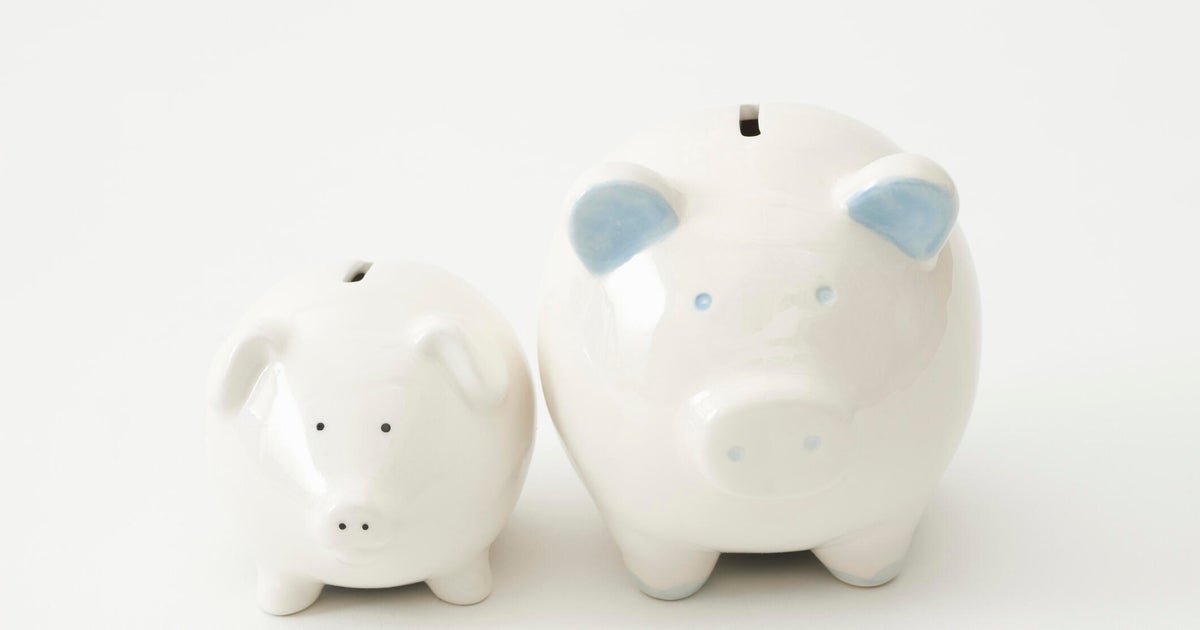GYRO PHOTOGRAPHY/amanaimagesRF
Certificate of deposit (CD) account interest rates remain attractive in mid-2025, with top CDs offering yields between 4.00% and 4.40%. The Federal Reserve kept its benchmark interest rate frozen at its June meeting, keeping it at a range of 4.25% to 4.50%. Fed officials still project two rate cuts by year-end, but uncertainty is high as they weigh a variety of economic concerns against the need for economic growth.
This environment has created a dilemma for savers who are torn between locking in today’s rates for five years or keeping their options open with shorter one-year terms. To help you navigate this decision, we consulted three financial experts to find out which CD term is smarter now. Below, we’ll detail what they want you to know.
Start by seeing how high a CD interest rate you could qualify for here.
1-year vs. 5-year CD: Which CD term do experts recommend now?
“We’re generally leaning toward 1-year CDs right now,” says Christopher L. Stroup, a certified financial planner and president of Silicon Beach Financial. “With rate cuts likely in the next 12 to 18 months, shorter terms offer flexibility and let [you] reassess when rates shift,” he says.
When weighing your options, though, don’t focus only on current rates. “Today’s shorter-term rates can be higher than longer-term rates … [making them] more tempting,” Mark Sanchioni, chief banking officer at Ridgewood Savings Bank, points out. “[But] when that term is over, [you] may be disappointed with [your] renewal rate options.” Sometimes, it can work out in your favor to take a slightly lower rate for a longer term.
Both experts agree that the right CD choice depends on your timeline, risk tolerance and financial goals.
When it would (and wouldn’t) make sense to choose a 1-year CD now
“A 1-year CD would be appropriate [if you need] access to [your] funds within the next year,” says Rick Wilcox, head of retail product management and development at PNC. Industry professionals say that 1-year CDs make sense in these scenarios:
- You’re saving for a house down payment or a wedding in the next 12 to 18 months.
- You’re a business owner building cash reserves for a product launch or equipment purchases.
- You want to park an emergency fund and earn a predictable return but may need to withdraw soon.
Short-term CDs work especially well for entrepreneurs and business owners. Stroup mentions an early-stage founder who had $250,000 in reserve before a funding round. “We chose a 1-year CD to earn interest while keeping cash accessible,” he says.
A 1-year CD becomes less attractive if you don’t need the money for several years, though. “[You’d] risk reinvestment uncertainty when rates drop and miss out on locking in current yields,” Stroup explains.
Compare your top 1-year CD account offers here now.
When it would (and wouldn’t) make sense to choose a 5-year CD now
“A 5-year CD would be appropriate [if you don’t] have an immediate need for the funds, feel interest rates may decline over this period and/or desire safety and security,” says Wilcox.
Financial advisors say that 5-year CDs make sense if you find yourself in one these scenarios now:
- You’re within 10 years of retirement and want guaranteed income without market risk.
- You recently received a windfall (e.g., a business sale or inheritance) and want to preserve your capital.
- You’re building a CD ladder to create predictable income streams over multiple years.
A longer-term CD choice often benefits seniors seeking steady income. “[I worked with] a retired aerospace engineer with no near-term liquidity needs,” Stroup recalls. “[He] used a 5-year CD ladder to lock in predictable, penalty-free income for the next five years.”
A 5-year CD may not be the best choice if you anticipate needing funds before maturity. “[Anyone] considering [this] must be certain they will [not] need to access those funds over the next five years,” Sanchioni emphasizes. Early withdrawal penalties can amount to two years of interest or more, eroding a substantial portion of your returns. This option also backfires if you expect CD interest rates to climb steadily. You’d miss out on higher yields by staying locked into today’s rates for half a decade.
The bottom line
“A CD should be part of a broader strategy, not a standalone decision,” Stroup stresses.
Many savers are hedging their bets in today’s unpredictable rate environment. Sanchioni notes that more clients are using a “Three Buckets” approach — keeping some money immediately accessible, some in short-term CDs and some locked up long-term. Taking this route can help you come out ahead no matter how rates move.
Regardless of the approach you take, though, experts recommend aligning your CD term with your actual cash flow needs rather than timing the market.
#1year #5year #term #experts #recommend



